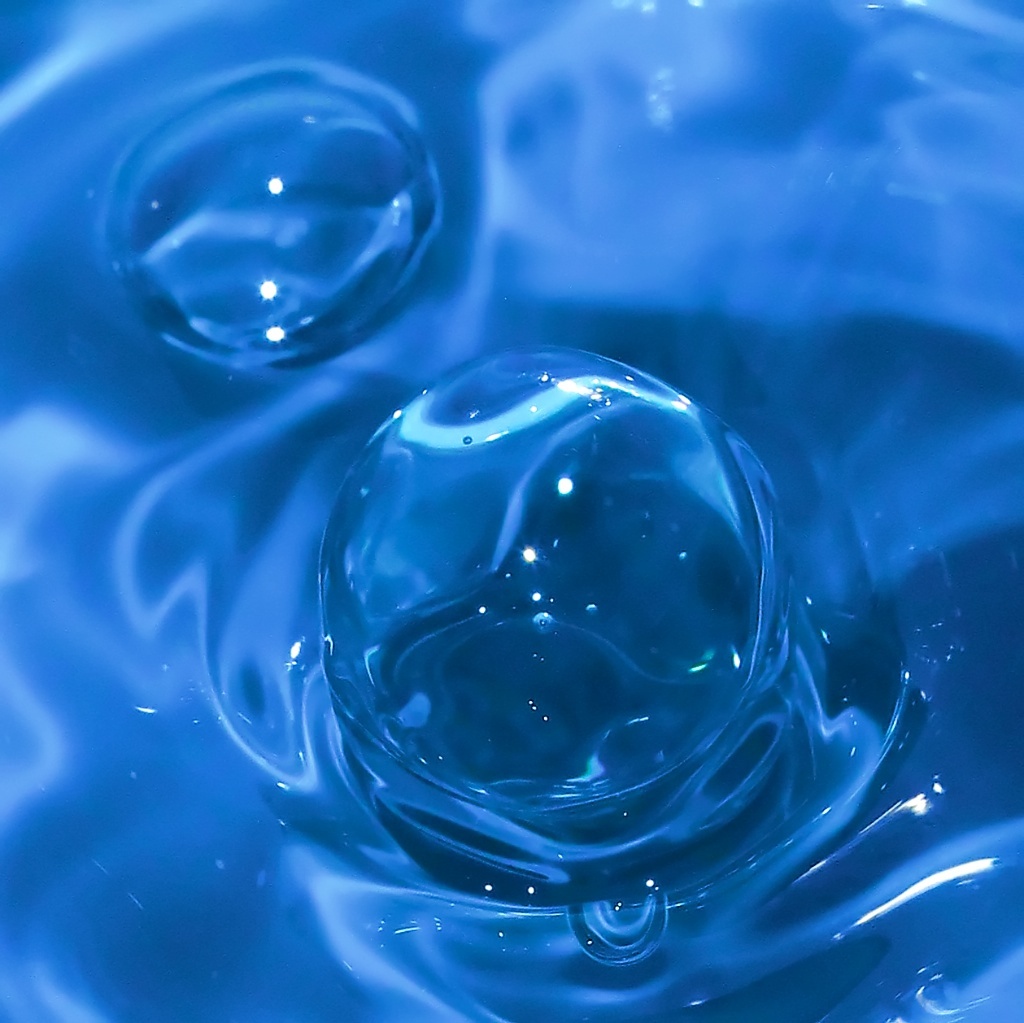
“Kristy Flaherty of KMK Cleaners in Walpole has recently made the switch from dry cleaning to wet cleaning. Proponents say it has all the benefits of dry cleaning – But it’s safer, energy efficient and environmentally friendly.
It’s water-based technology that avoids toxic chemicals, like perchloroethylene (or perc), common in dry cleaning.
“People have noticed that our sweaters are softer, cleaner, clothes smell better, they don’t have that perc smell in them. Stains are coming out, so the quality of work is so much better and it’s healthier for our consumers too,” said Flaherty.” from WWLP 22 News
Dry cleaning alternative saves $, environment
“Wet cleaning chemicals are biodegradable and generally benign. As a basis of comparison, the impacts associated with wet cleaning are essentially identical to the environmental, health, and safety impacts associated with laundering.”
Regardless of the solvent you are using nothing supports your environmental initiative better then expanding your wet cleaning and no one does wet cleaning better then Kreussler, after all we invented it.
What can wet cleaning do for you as a dry cleaner?
- Increase production
- Fully utilize available capacity
- Increase customer satisfaction
“[Cleaners are] actually saving some money because they’re not having to buy the chemicals and dispose of the chemicals,” said UMass Lowell Professor Michael Ellenbecker, who also serves as the director of the Toxic Use Reduction Institute. “Wet cleaners use less water than the dry cleaners because the dry cleaners use water for cooling… all of the utilities they use less of when they use this new system.”
The total cost of the switch is up to $70,000 dollars that environmentalists say can be made back in 2 to 3 years. To sweeten the deal, Massachusetts is offering grants to those who invest in the dry cleaning alternative.
“Our grants are about $15,000 dollars and we work with the cleaners to convert to a new technology, assist them in getting the training they might need, setting them up with the appropriate vendors and detergents,” said Joy Onasch, the small business program manager at the Toxic Use Reduction Institute.
Photo credit by @Doug88888
